International day against violence and bullying at school including cyberbullying
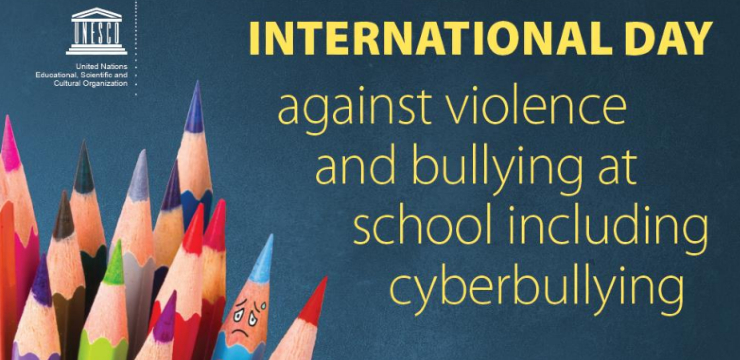
Each year, the International day against violence and bullying at school will be observed on the first Thursday of November. It calls on all countries, organizations and people to come together with the common purpose of ensuring schools are free from fear and violence.
This International day aims to eliminate violence and bullying at school including cyberbullying, so that all children and young people can fulfil their right to education, health and well-being.
The theme for the International Day in 2020 is Together against bullying in school. Bullying affects students of all ages, in all countries and regions across the world. Almost one in three students have been bullied in the past month, making it the most prevalent form of violence in schools. One in ten students has been cyberbullied, and this form of bullying is on the rise.
The consequences are serious: Students who are frequently bullied are nearly three times more likely to feel like an outsider at school and more than twice as likely to miss school as those who are not frequently bullied. They have worse educational outcomes and are also more likely to leave formal education after finishing secondary school. They are twice as likely to feel lonely, to be unable to sleep at night and to have contemplated suicide.
Physical appearance is the top reason for bullying, followed by ethnicity, nationality and skin colour. Students who are seen as ‘different’ in any way are more at risk of bullying, such as girls perceived to look or act like boys, or boys perceived to look or act like girls.
Too many people think bullying at school including cyberbullying is an inevitable rite of passage to adulthood and that is relatively harmless and that little can be done to stop it. Instead, there is strong evidence that violence and bullying at school including cyberbullying can be prevented, and effectively addressed if it happens. No student should live in fear of going to school.
School communities and the broader education sector must work together in unison to prevent and address bullying. This is called a whole-education approach, and includes:
− Strong leadership and robust policy frameworks;
− curricula to promote a caring school climate;
− training for teachers and other school staff;
− a safe psychological and physical school environment
− mechanisms to report bullying and support for affected students;
− student empowerment and participation;
− involvement of all stakeholders in the school community including parents; and
− collaboration between the education sector and other sectors and a wide range of partners.
Addressing all forms of school violence including bullying is essential to achieving the Sustainable Development Goals (SDGs), in particular SDG 4, which aims to ensure inclusive and equitable quality education and promote lifelong learning opportunities for all, and SDG 16, which aims to promote peaceful and inclusive societies.
How can schools get involved?
There are lots of ways that schools can get involved in International day against violence and bullying at school including cyberbullying.
Webwise have developed a range of resources and training programmes to help schools create a positive environment and promote respectful online communication.
Programmes include:
Primary Resources
HTML Heroes
 Explore the topic of respectful online communication using the HTML Heroes aims to highlight the effects of harassment online or by text message on the recipient of the message and to outline the appropriate coping strategies. It aims to foster a sense of care and respect for others online and by mobile phone.
Explore the topic of respectful online communication using the HTML Heroes aims to highlight the effects of harassment online or by text message on the recipient of the message and to outline the appropriate coping strategies. It aims to foster a sense of care and respect for others online and by mobile phone.
Visit www.webwise.ie/html-heroes/
Myselfie and the wider world
 This Primary Anti-Cyber Bullying Teachers’ Handbook is an SPHE resource developed to engage 5th and 6th class primary school students on the topic of cyber bullying. A series of short animations are the centrepiece of the resource. These will help students develop the skills and understanding to be responsible, socially conscious and effective internet users, as they explore social networks for the first time.
This Primary Anti-Cyber Bullying Teachers’ Handbook is an SPHE resource developed to engage 5th and 6th class primary school students on the topic of cyber bullying. A series of short animations are the centrepiece of the resource. These will help students develop the skills and understanding to be responsible, socially conscious and effective internet users, as they explore social networks for the first time.
Visit www.webwise.ie/teachers/my-selfie/
Post-Primary Resources
Connected Awareness Campaign
 Based on real life experiences, Connected is a short film exploring how young people communicate and connect online. The film encourages young people to reflect on their posting, commenting and sharing practices online. Through a series of vignettes the film explores cyberbullying, gender-based harassment online and the impact abusive comments can have on others. The campaign is supported by an advice hub highlighting supports and providing advice on how to deal with cyberbullying and practice respectful communication.
Based on real life experiences, Connected is a short film exploring how young people communicate and connect online. The film encourages young people to reflect on their posting, commenting and sharing practices online. Through a series of vignettes the film explores cyberbullying, gender-based harassment online and the impact abusive comments can have on others. The campaign is supported by an advice hub highlighting supports and providing advice on how to deal with cyberbullying and practice respectful communication.
Visit www.webwise.ie/connected-campaign/
#Up2Us Anti-Bullying Kit
 Take the first steps to beating bullying in your community with the #Up2Us Anti-Bullying Kit today. In the kit you’ll find activities for addressing bullying, colourful stickers and supplies for creating interactive poster campaigns. Also included is the #Up2Us Anti-Bullying Teachers’ Handbook with Junior Cycle SPHE lesson ideas.
Take the first steps to beating bullying in your community with the #Up2Us Anti-Bullying Kit today. In the kit you’ll find activities for addressing bullying, colourful stickers and supplies for creating interactive poster campaigns. Also included is the #Up2Us Anti-Bullying Teachers’ Handbook with Junior Cycle SPHE lesson ideas.
Lockers
 Lockers is an SPHE resource developed to engage 2nd and 3rd year students on the topic of non-consensual image sharing. The resource includes two short high-quality animations, six lessons and information for school leaders.
Lockers is an SPHE resource developed to engage 2nd and 3rd year students on the topic of non-consensual image sharing. The resource includes two short high-quality animations, six lessons and information for school leaders.
Visit www.webwise.ie/lockers/
Advice for parents
 Parents can help promote respectful communication online using the free Webwise Parents resources. Explore the topic of cyberbullying and how to talk to your child with the help of the Webwise Parent Experts, Explainer guides and talking points.
Parents can help promote respectful communication online using the free Webwise Parents resources. Explore the topic of cyberbullying and how to talk to your child with the help of the Webwise Parent Experts, Explainer guides and talking points.
Available at: www.webwise.ie/parents/
Training Programmes
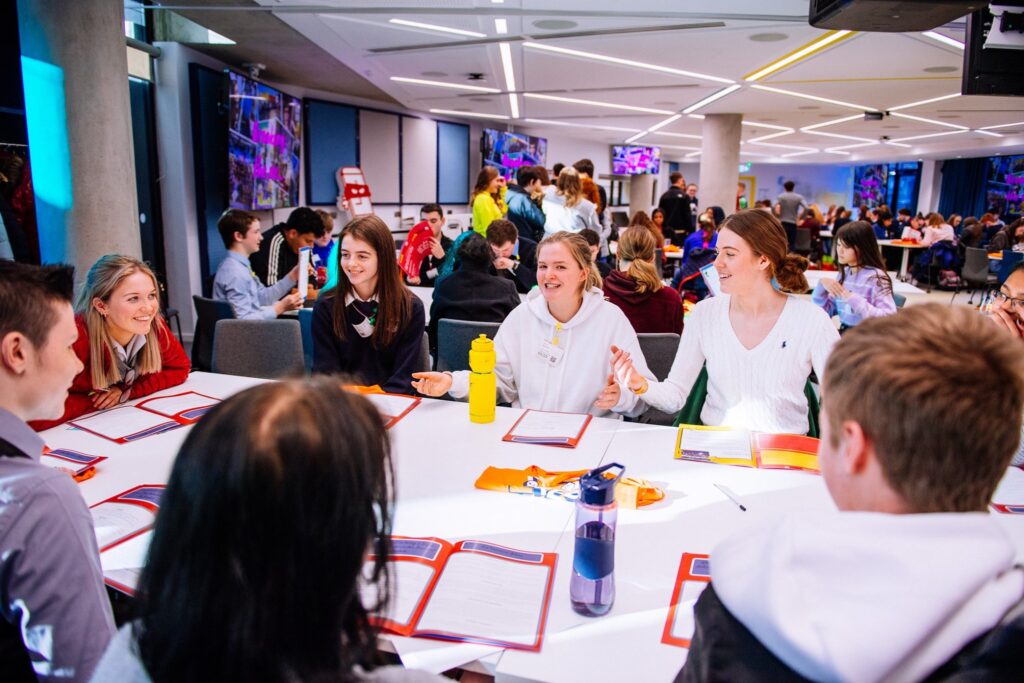
The Safer Internet Day Ambassador Programme
Our Safer Internet Day Ambassador Programme is a peer to peer youth programme that gives students an opportunity to start an online safety campaign in their own school. Each year 100 Post-Primary students take part with the support of the Webwise Youth Advisory Panel (30 teenagers from across Ireland).
The SID Ambassador Programme empowers students by providing them with opportunities to develop leadership, human relations, team building and communication skills. Students make a commitment to lead by example, demonstrate respect and responsibility and engage in community service.
It’s aims are:
1. To encourage and support young people to address internet safety issues such as cyberbullying, online wellbeing and image-sharing to create a better internet for all.
2. To do this by training young people to lead effective awareness-raising campaigns in their clubs, schools, and communities.
3. To involve as many people across schools, groups, communities in Ireland to celebrate Safer Internet Day, 9th February 2021.
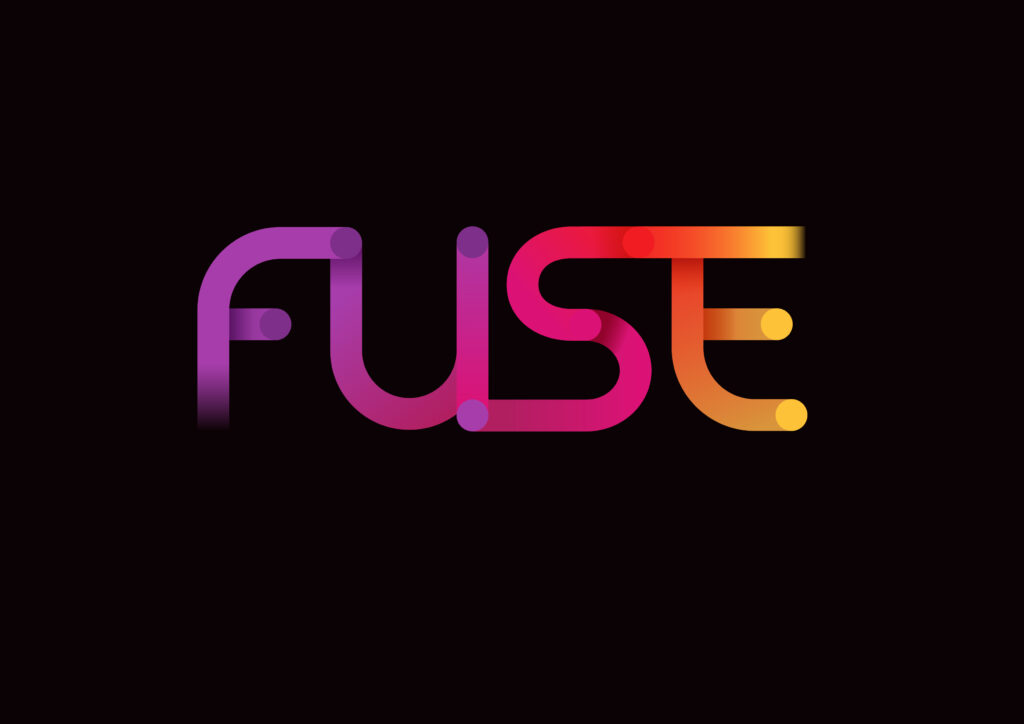
Videos addressing cyberbullying and online harassment
Myselfie and the wider world:
HTML Heroes
Connected
Useful Websites
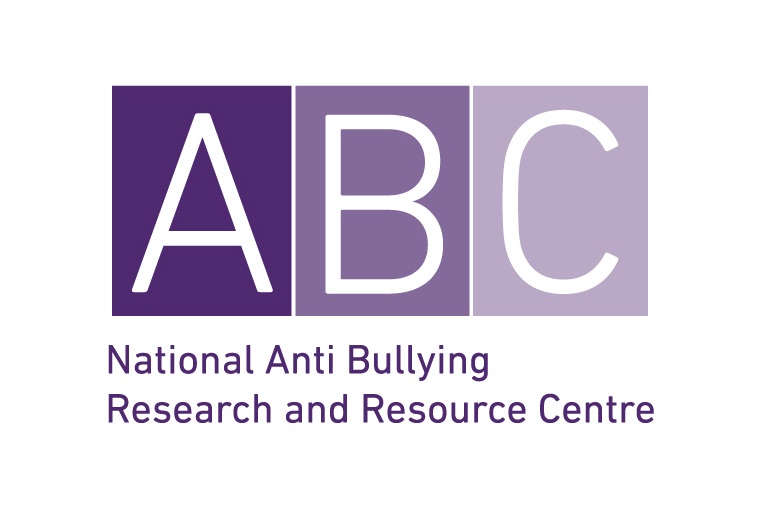
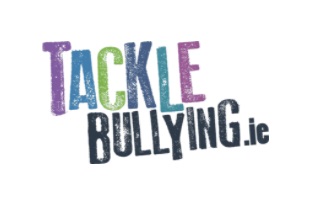
Tackle Bullying is a national website to counter bullying and cyberbullying for young people, parents and teachers. It contains a number of different pages of information to learn more about bullying and cyberbullying. What they are, the different types of both and how to effectively prevent and counter bullying.





